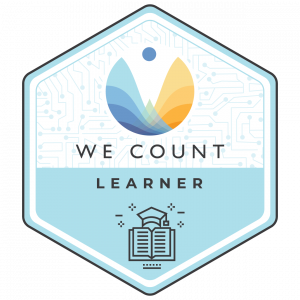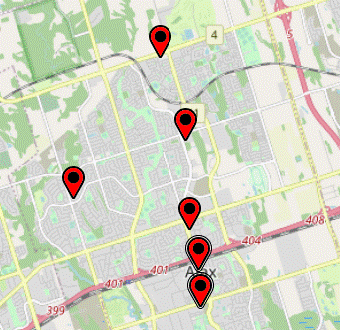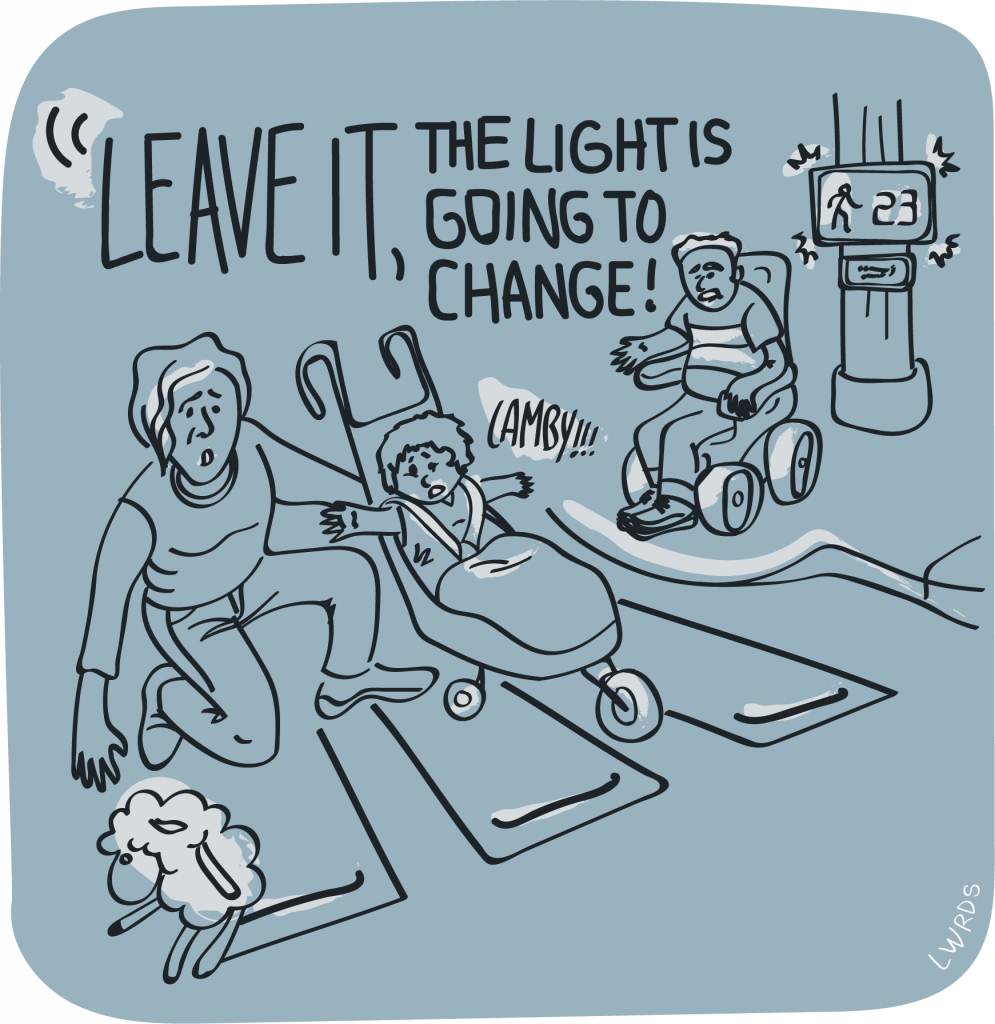Tag: “We Count”

We Count Badges
We Count badges enabled people to showcase their proficiency in the growing fields of AI, data systems and inclusive data practices as well as other skills.

COVID-19 Vaccination Centre Data Monitor: Accessibility Map Demonstration
A COVID-19 data monitor prototype test that was created to show how data gaps can be addressed, providing a way to find accessibility information that is not included in these data sets.

Environmental Scan: Assessing Inclusionary Practice in Canadian Data Services
An overview of key findings from the Data Service Provider portion of the environmental scan conducted by the We Count team in May 2020.

Environmental Scan: Canadian Postsecondary Education and AI Ethics
An overview of key findings from the Postsecondary Education portion of the environmental scan conducted by the We Count team in May 2020.

Environmental Scan: Addressing Inclusionary Practice in Canadian AI Firms
An overview of key findings from the AI Firm portion of the environmental scan conducted by the We Count team in May 2020.

Journeys through the Digital Innovation Appendix of the Master Innovation and Development Plan
We Count worked with stakeholders to envision how the proposed technologies for the proposed Quayside “Smart City” project in Toronto could impact individuals with disabilities and their networks.

Inverted Word Clouds
Our development team has been hard at work creating a word cloud tool that will allow users to highlight either minority or majority answers.

Pluralistic Data Infrastructure
The pluralistic data infrastructure supports communities in taking collective ownership of data that relates to them and curating its relationships with data from other sources.

Introduction to Data Science Tools Resources in the We Count Research Library
Learning data science comes with a steep learning curve, and inaccessible tutorials, resources and tools create barriers. To support a more inclusive environment in the field of data science, We Count has created a resource library.

We Count Evaluates Toronto’s Quayside Master Innovation and Development Plan
Project We Count evaluated the MIDP for Toronto’s Quayside from the perspective of persons in Toronto who have difficulty with or are excluded by the current urban plan.